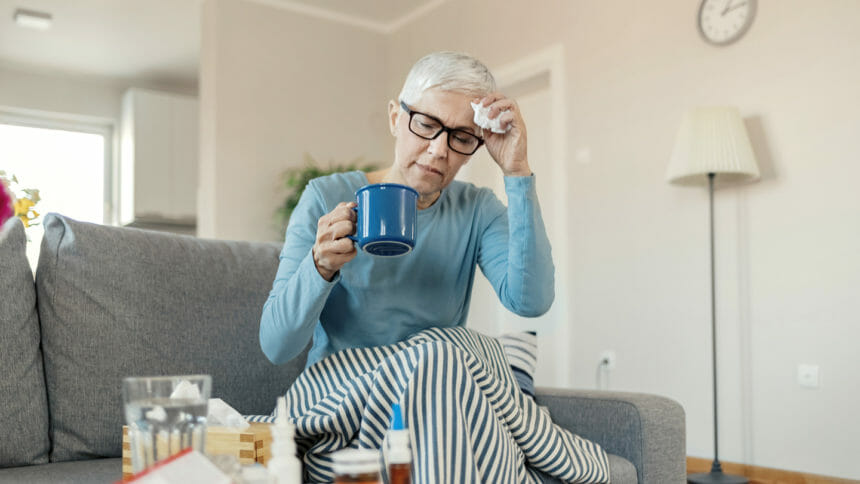Nursing home advocates are doubling down on their push to get hospitals that discharge so many patients to skilled nursing facilities to vaccinate those they’re transfering.
LeadingAge and American Health Care Association/National Center for Assisted Living have looked for more cooperation from hospitals since COVID-19 vaccines became available. The urgency has risen with the prospect of viral outbreaks during the winter months.
Provider advocates are especially interested in getting better from hospitals because recent national comments and campaigns seem to put the vaccination onus on nursing homes.
“We all share the same goal: ensuring the health and wellbeing of older adults. We believe we can continue to increase that booster rate and to do so requires a shared commitment from the government and other health care providers,” AHCA CEO Mark Parkinson and LeadingAge CEO Katie Smith Sloan said in a joint statement in late November.
“For example, 90 percent of residents are admitted to nursing homes from hospitals, and very few of those residents are current on their vaccines upon admission. Through collaboration with hospitals, vaccine numbers can be improved.”
While the White House last week made it easier for nursing home staff to give booster shots, the provider advocates say it’s still easier for hospitals to make a difference, according to a Bloomberg Law story Monday.
“What we want hospitals to do is make sure that they encourage patients before they discharge them,” Sloan told Bloomberg Law. “Give them the opportunity to get vaccinated prior to discharge. And that’s not happening consistently, at all, based on what we hear from our members.”
Despite data cited by the Centers for Disease Control and Prevention hospitals report patients are still resistant to getting vaccinated.People who received their updated COVID-19 vaccine this year were nearly 15 times less likely to die from COVID-19 compared to people who are not vaccinated.
“The No. 1 cause that we hear is people don’t want to get the vaccine,” David Gifford, chief medical officer of AHCA/NCAL, told Bloomberg Law. “They don’t think it works because they see everyone getting breakthrough cases.”
CDC director Rochelle Walensky emphasized in a Dec. 5 press briefing that people who have had both their primary COVID-19 vaccinations but not the booster are “considered fully vaccinated but you are not considered fully protected.”




